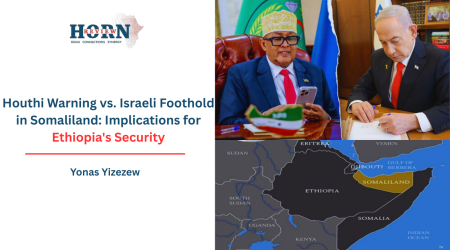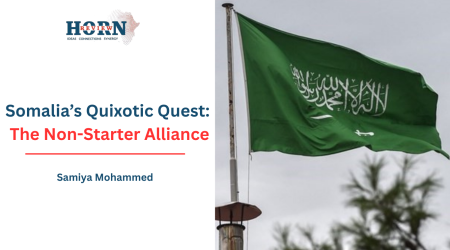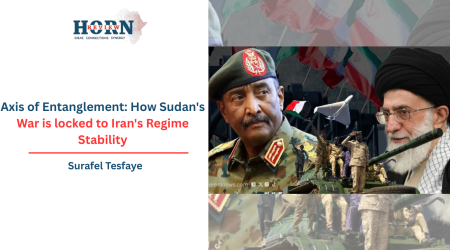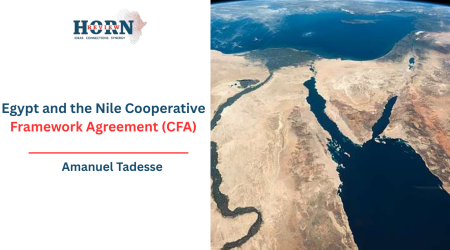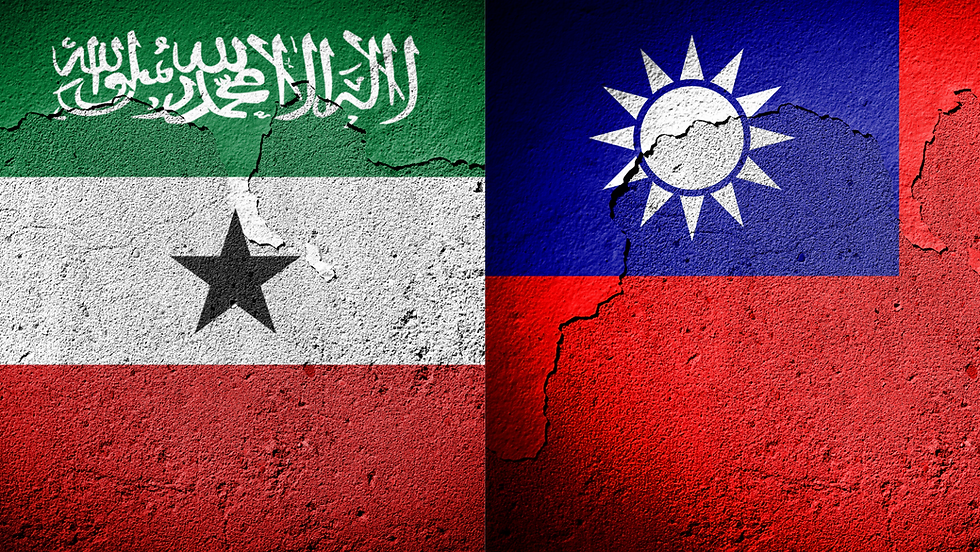
12
May
Tangled Web: Somalia’s Taiwan Ban, Somaliland’s Autonomy, and China’s Shadow
Somalia’s recent imposition of a travel ban on Taiwanese citizens, citing “unauthorised activities” in Somaliland.This throws a sharp light on the intricate and often contentious geopolitics of the Horn of Africa and the broader international landscape of recognition. This decision was enacted by a nation heavily reliant on international aid for its own security. It appears to be a direct consequence of the deepening ties between Taiwan and Somaliland. Somaliland is a self-declared independent region within Somalia.
Taiwan’s Ministry of Foreign Affairs has vehemently protested this action, directly accusing China of orchestrating the ban to curtail Taiwan’s limited international space and its burgeoning relationship with Somaliland. Taiwan’s assertion points to the significant influence Beijing wields in the region and its unwavering commitment to the “One China” principle, which considers Taiwan a renegade province.
Somalia invoked United Nations Resolution 2758, a 1971 resolution recognizing Beijing as China’s sole legitimate UN representative, to justify its decision. Mogadishu’s interpretation of this resolution underpins its travel ban on Taiwanese passport holders. This highlights the complex and debated application of UN resolutions in contemporary international relations. Taiwan has firmly rejected this interpretation. They accuse Somalia of misrepresenting the resolution. Taiwan states Somalia uses it to falsely portray Taiwan as part of the People’s Republic of China.
The backdrop to this diplomatic spat is the increasingly robust relationship between Taiwan and Somaliland. Since establishing de facto embassies in each other’s capitals in 2020, the two entities, both experiencing limited international recognition, have fostered cooperation across various sectors. This growing partnership, however, has consistently drawn the ire of Mogadishu, which views Somaliland as an integral part of its territory.
China’s reaction to Somalia’s ban has been swift and supportive. Beijing lauded the decision as a legitimate measure to safeguard Somalia’s national interests and a clear demonstration of Mogadishu’s adherence to the “One China” principle. China’s strong endorsement further emphasizes its active role in shaping the diplomatic landscape of the Horn of Africa and its firm opposition to any official engagement between Taiwan and Somaliland.
This incident serves as a stark reminder of the challenges faced by entities with limited international recognition in navigating the complexities of global politics. Somaliland’s pursuit of international legitimacy through partnerships like the one with Taiwan directly clashes with Somalia’s internationally recognized sovereignty and its alignment with China’s “One China” policy. The travel ban highlights the tangible consequences of this unresolved status, impacting the freedom of movement and international engagement of Taiwanese citizens.
Ultimately, Somalia’s decision, while framed as a defense of its national sovereignty and adherence to international norms as interpreted through the “One China” principle, emphasizes the significant influence of external powers in the Horn of Africa’s diplomatic arena. The incident further complicates the already delicate relationships between Somalia, Somaliland, Taiwan, and China, leaving the future trajectory of their interactions uncertain.
For Taiwan, Somalia’s abrupt travel ban, a move seemingly dictated by Beijing, starkly illustrates the constricted space for its global engagement. In the Horn of Africa’s volatile landscape, Somalia’s dependence overshadows its sovereignty, directly impacting Taiwanese citizens seeking connection in a world where recognition remains fiercely contested.
By Bethelhem Fikru,Researcher,Horn Review




